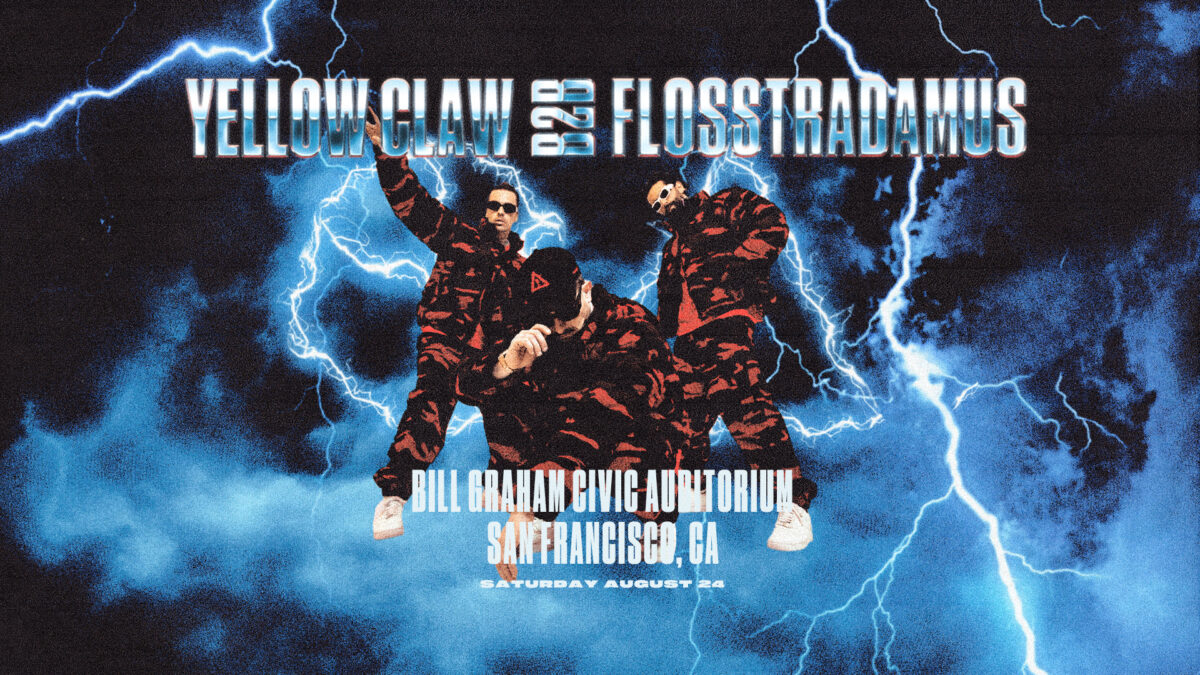Movie Review: Moonrise Kingdom
Wes Anderson returns with his first live action film since 2007’s The Darjeeling Limited and proves he’s still got it. Tackling his first period piece, taking place in 1965, Moonrise Kingdom offers up some of his old tricks while forgoing others (hint — there’s no British Invasion on the soundtrack). All in all, it’s another great film from the indie master.
The film takes place on a remote New England island town, in the year 1965, and follows the town as they search for two young lovers who’ve run away from their respective homes. Placing the film in 1965 is a curious one, if only because many of Anderson’s films seem to take place during the era, however it immediately removes any modern technology that could “solve” the film in a matter of minutes. It also establishes a world that appears innocent on the surface and, because it takes place on an island, almost isolated from the rest of the world. Sure they can communicate with the outside world and leave the island, but there is no internet and there are no cell phones.
While some of Anderson’s frequent cohorts return (Bill Murray, Jason Schwartzman) there are plenty of new faces, both known and unknown. Two of the unknown are the film’s stars, Kara Hayward and Jared Gilman. Gilman is Sam, an orphan currently in the Khaki Scouts camped out on the island. As the film opens Scout Master Ward (Edward Norton) realizes he’s escaped, leaving a note about his “retirement” from the troop. En route to freedom Sam encounters Suzy (Hayward) who has a striking resemblance to Gwyneth Paltrow’s Margot from The Royal Tenenbaums (it’s all in the eye shadow). Once Suzy’s parents Walt and Laura Bishop (Bill Murray and Frances McDormand) realize she’s gone the entire island, with the help of Captain Sharp (Bruce Willis), is on the hunt for the two star-crossed lovers.
Similar to Anderson’s breakout film Rushmore, it’s about the pain of adolescence. Like Max Fischer, Sam and Suzy appear to be, and believe they are, wiser than their years. Of course, the adults don’t see it that way. While it appears Suzy comes from a stable home, unlike Sam, she has her own “issues” that, while never fully explained, mirror her troubled parents. At one point, as Suzy’s brothers are playing a board game, Murray descends the stairs wearing only pants, grabs and ax and tells his sons “I’m going to find a tree to chop down” as he sadly disappears into the night, hoping the act of chopping will allow him to ignore his problems. While Sam and Suzy are hoping to escape their troubled pasts and forge a brighter future together, the adults can only see the disappointments life brings. Of course Anderson undercuts the deep seriousness of these characters with witty remarks and almost cartoon-like action, but that only strengthens the film. Anderson has always dwelled upon the optimistic innocence of adolescence versus the pessimistic “reality” of adulthood, but never quite as pointedly as he does in Moonrise Kingdom.
Hayward and Gilman carry the film on their shoulders with extraordinary grace, especially for two young newcomers, but the rest of the cast is similarly excellent. Gilman appears wise past his years while still retaining a wholly youthful outlook on life. He’s pumped about the journey he and Suzy are on. It’s Suzy who knowingly brings the darkness. She’s hoping to escape whatever troubles she has at home, but she’s not so sure she can outrun them, yet still determined to do so. Murray seems to be reprising his Rushmore role as a father and husband only able to see the constraints of life instead of its possibilities. However, it’s Norton and Willis who truly shine in their first Anderson production. Norton is perfectly cast as the manchild Scout Master Ward who’s completely dedicated to leading his troop of Khaki Scouts. Unlike Murray’s Walt, Scout Master Ward is passionate about what he does and his life. It’s not until Sam escapes that he begins to let reality cloud over him. Then there’s Willis, who oddly recalls his role in Unbreakable, as a deeply sad policeman involved in some sort of relationship with McDormand’s Laura, but who corrals everyone into searching for the missing kids.
Again, like Max Fischer, Sam and Suzy are almost on the cusp of adulthood and dealing with the repercussions of wanting that transition to happen faster than it is. But while Fischer had the contradiction of wanting to be an adult without actually growing up, Sam and Suzy want to somehow skip their adolescence and their reliance on adults. What Moonrise Kingdom is, is a film that’s fun, smart and humorous but that has depths underneath it all. It’s an ambitious film that doesn’t feel ambitious. And who can complain about that?
Showtimes and Tickets









One correction:
Sam doesn’t meet Suzy “en route to freedom”. We learn through a flashback that they meet when Sam sneaks backstage at a play in which Suzy stars, presumably at the beginning of the summer. They send each other letters, and agree to run away together at the end of summer.